Hawaiian counties are committing to a feminist economic recovery plan, alongside a State-led programme to ensure women have equal access to ‘green jobs’ in sectors targeted for stimulus. The plan proposes an economic reorientation away from the military, tourism and luxury development in favour of “more sustainable economic livelihoods”, including investment in childcare, education, healthcare and traditional food practices, and a universal basic income.

So what?
The plan, entitled ‘Building Bridges, Not Walking On Backs’, proposes an economic reorientation away from the military, tourism and luxury development – sectors that prioritise foreign interests to the detriment of sustainable, equitable and indigenous livelihoods. It proposes “social revaluing” of sectors dominated by women, including social services, domestic services and healthcare, as well as investment in subsistence living and the perpetuation of land- and sea-based practices traditional to Hawaiʻi’s ecological and food system.
Other proposals in the plan include raising the minimum wage, adopting a universal basic income, introducing universal health care, and restructuring the tax system (once the recession ends) by increasing property and corporate taxes.
Women have been disproportionately affected by the pandemic, through loss of regular income, increased childcare, and exposure to discrimination and domestic violence.
The plan, authored by the Hawaii State Commission on the Status of Women, argues that the voices of those most impacted by COVID-19 in Hawai’i are largely missing from the discussions on COVID-19 recovery planning – in particular racialised women, women of color and Native Hawaiian, Pacific Islander and immigrant women. In Hawai’i, not only has women’s labour been heavily impacted by loss of tourism, but their “uncounted” activities – including caregiving, domestic services and food provision – have gone into ‘overdrive’ as a result of the pandemic.
Can such an approach scale? Khara Jabola-Carolus, Executive Director of the Hawaii State Commission on the Status of Women, says that other states, including Louisiana and Iowa, have contacted the Commission with plans to replicate the process. Canada has also put forward a feminist recovery plan with eight pillars, including “care work is essential work” and “diverse voices in decisions”, and “addressing the root causes of systemic racism”.

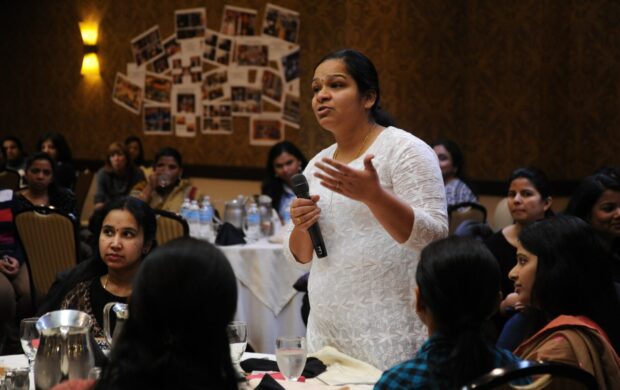



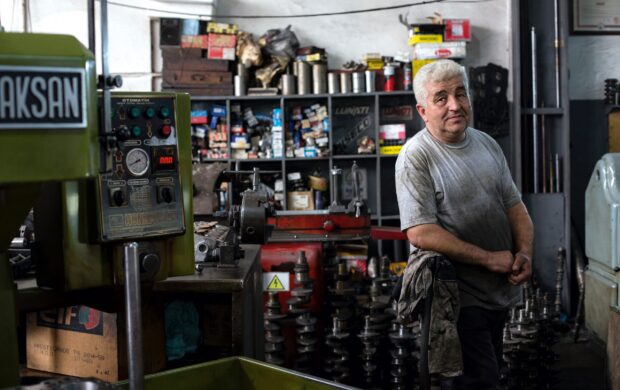
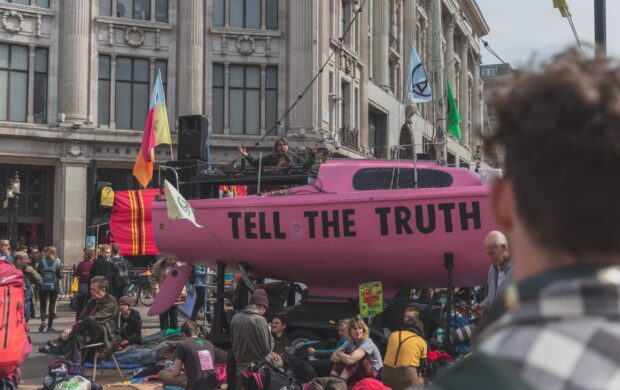



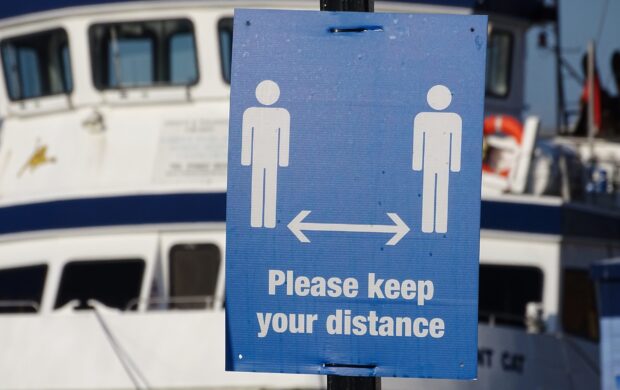


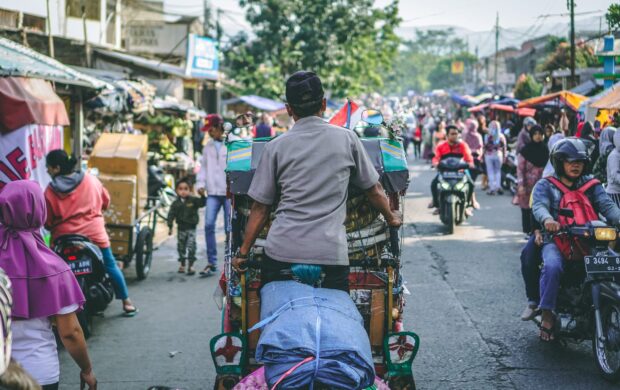
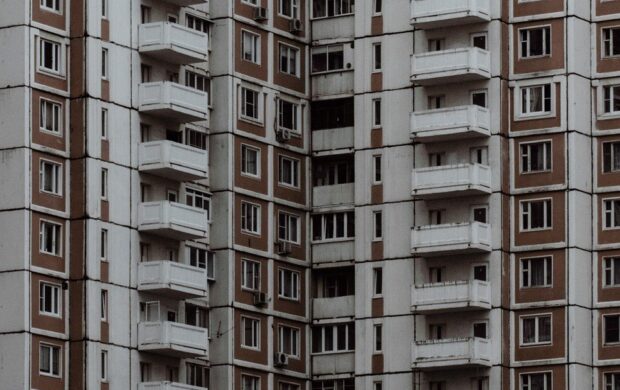
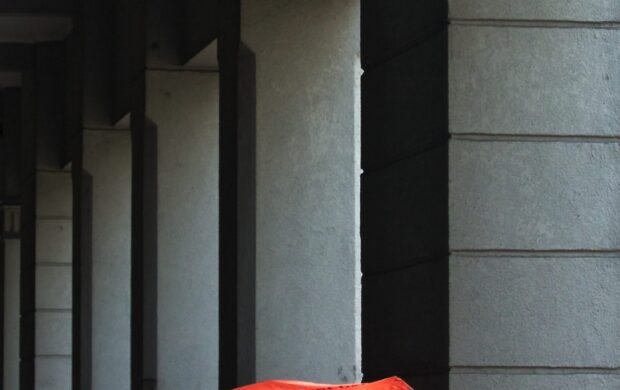

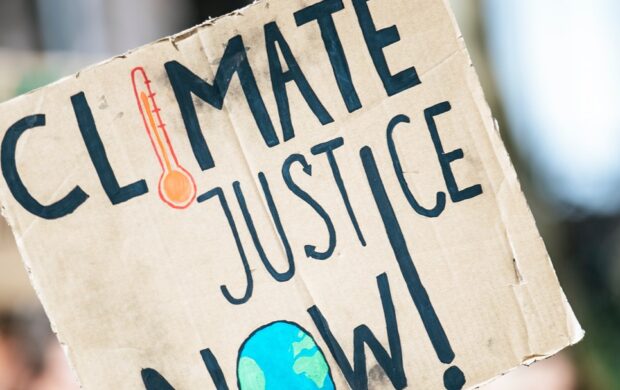

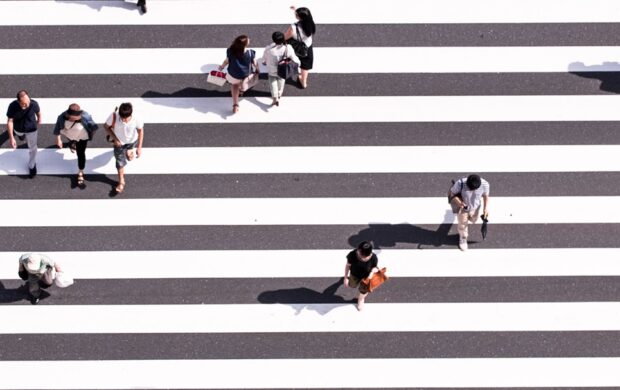

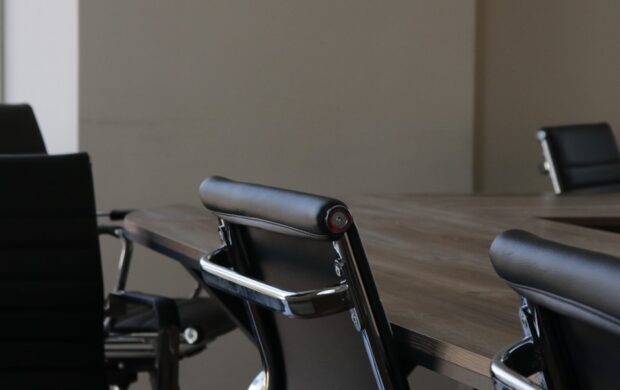

Join discussion